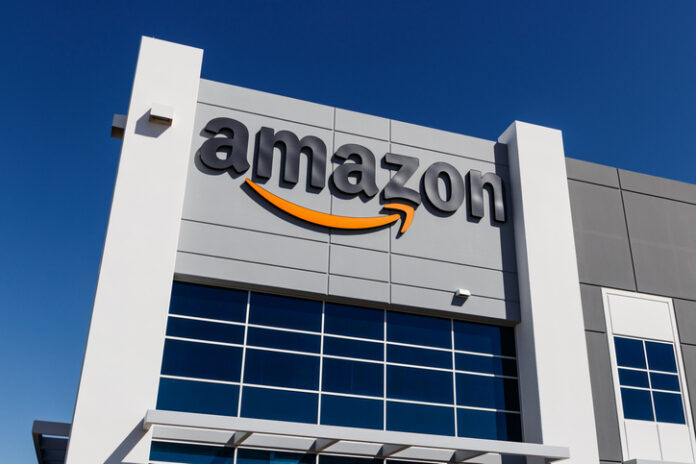MIDLAND, Mich. — Attorney General Dana Nessel’s lawsuit against Amazon is not grounded in economic reality, explains a new policy brief published today by the Mackinac Center for Public Policy. If the state’s challenge prevails, it will harm both buyers and sellers who use Amazon Marketplace.
The brief examines the lawsuit’s two main claims: so-called anti-discounting measures and coercion of sellers to use Amazon’s services.
Nessel claims that Amazon stifles competition by requiring sellers to list items at the lowest price that can be found online. This prevents a merchant from using Amazon’s platform for product promotion and then redirecting the sale to another website — essentially freeriding on the popularity of Amazon’s services. The platform’s policy benefits consumers by providing them the assurance that they have found the lowest price for an item.
The attorney general also claims Amazon forces sellers to use its fulfillment services if they want an item to be labeled as “Prime.” This claim is not accurate, as there are other ways to obtain a Prime label on products.
The complaint makes contradictory arguments regarding this claim. Nessel argues both that the Prime label is a huge bonus to sellers who obtain it and also that obtaining it by purchasing Amazon’s fulfillment services harms sellers. If these arguments prevail and the state succeeds against Amazon, consumers may no longer have confidence in fast and convenient service when buying Prime products.
The lawsuit’s other arguments are just as flimsy. Nessel asserts that Amazon gives priority to its own products over products sold by a third party, therefore abusing its dominant position as both a supplier of competing products and the manager of the marketplace where those products are sold. While Amazon has the ability to prioritize its own products, the lawsuit fails to provide actual evidence that this is happening.
Another complaint is about how Amazon uses sponsored advertisements. Sellers pay to have their products featured on the platform. Nessel claims this gives Amazon an unfair advantage because it can easily advertise its own products. This line of reasoning fails Econ 101, however. Amazon is interested in increasing all sales on its platforms, both its own products and those of third-party merchants. And sellers will only pay for advertising if it works, so Amazon would be undercutting its own revenue by cheating sellers this way.
“The Michigan lawsuit is targeting conduct by Amazon that is actually beneficial for Michigan’s shoppers and the small businesses that use Amazon’s supply chain services,” said Dr. Ted Bolema, author of the brief and senior fellow with the Mackinac Center. “The main winners from the lawsuit will be Amazon’s competitors, like Walmart and Target. Other beneficiaries may be the largest third-party sellers on Amazon’s Marketplace who want to ship their products with the “Prime” designation but may not be willing to meet Amazon’s requirements for speed and accuracy in deliveries.”
Read the brief here.
Originally published by the Mackinac Center for Public Policy. Republished with permission.
For more from Budget & Tax News.
For more public policy from The Heartland Institute.











